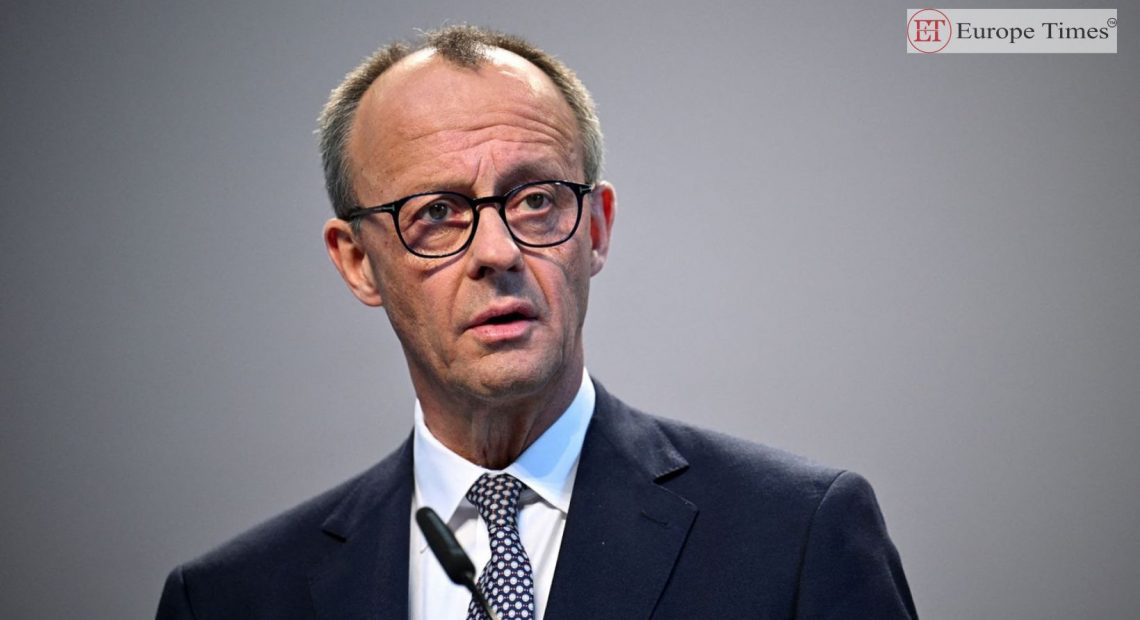Merz Secures Coalition with SPD Amid Trade War Fears and Rising AfD Support

German conservative leader Friedrich Merz has successfully formed a coalition government with the centre-left Social Democrats (SPD), aiming to revitalize the country’s sluggish economy amid growing global trade tensions. After weeks of negotiation following February’s inconclusive election, the deal was announced Wednesday, just as fears of a global recession mount due to escalating tariffs triggered by U.S. President Donald Trump. At a press conference, Merz declared “Germany is back on track,” pledging tax cuts, increased defence spending, and a push to strengthen the electric vehicle industry.
The coalition agreement outlines major economic reforms, including lowering energy prices, scrapping a controversial supply chain law, and revisiting Germany’s strict “debt brake” policy. It also signals a harder stance on migration, with plans to restrict asylum processes and introduce voluntary military service. While Merz emphasized unity within the EU as a key to navigating global trade disputes, the coalition aims for a future transatlantic free trade deal. The CDU will control the chancellery, foreign, and economy ministries, while the SPD is expected to lead finance and defence, potentially retaining Boris Pistorius as defence minister.
However, the new government faces immediate challenges, as the far-right Alternative for Germany (AfD) has overtaken Merz’s conservatives in the latest Ipsos poll with 25% support. Despite Merz’s push for a borrowing-driven investment plan to boost infrastructure and defence, critics argue it undermines fiscal discipline. Economists warn that swift implementation of agreed policies is vital to cushioning Germany’s export-heavy economy from further trade shocks and averting a third straight year of recession.
Pic Courtesy: google/ images are subject to copyright
